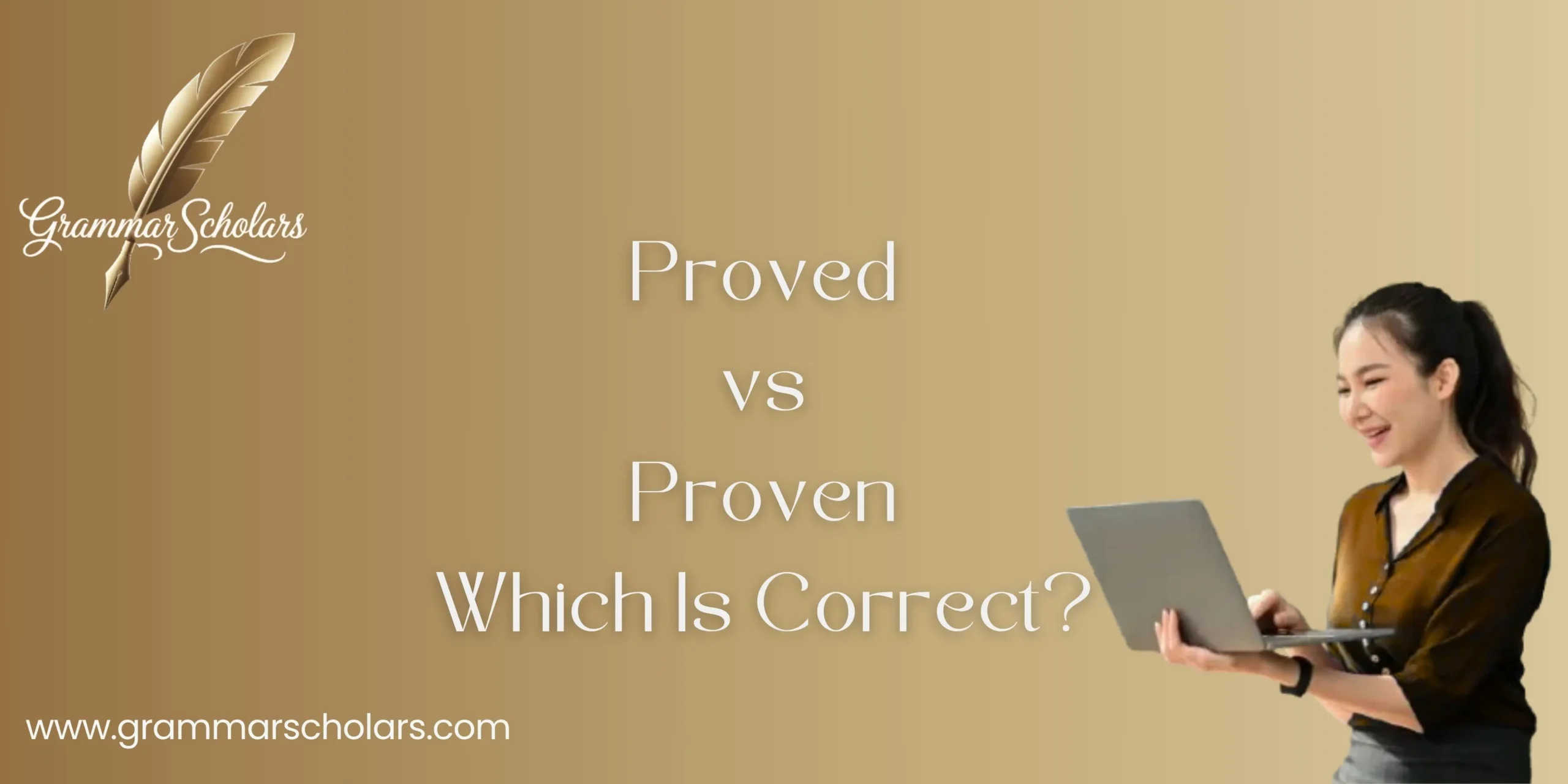There Has Been vs. There Have Been
At first glance, many English learners might think that “there has been” and “there have been” are minor grammatical points. However, understanding the Correct Usage of ‘There Has Been vs. There Have Been’ is more important than it looks. This difference depends on subject-verb agreement– use “has been” with singular subjects and “have been” with … Read more




















